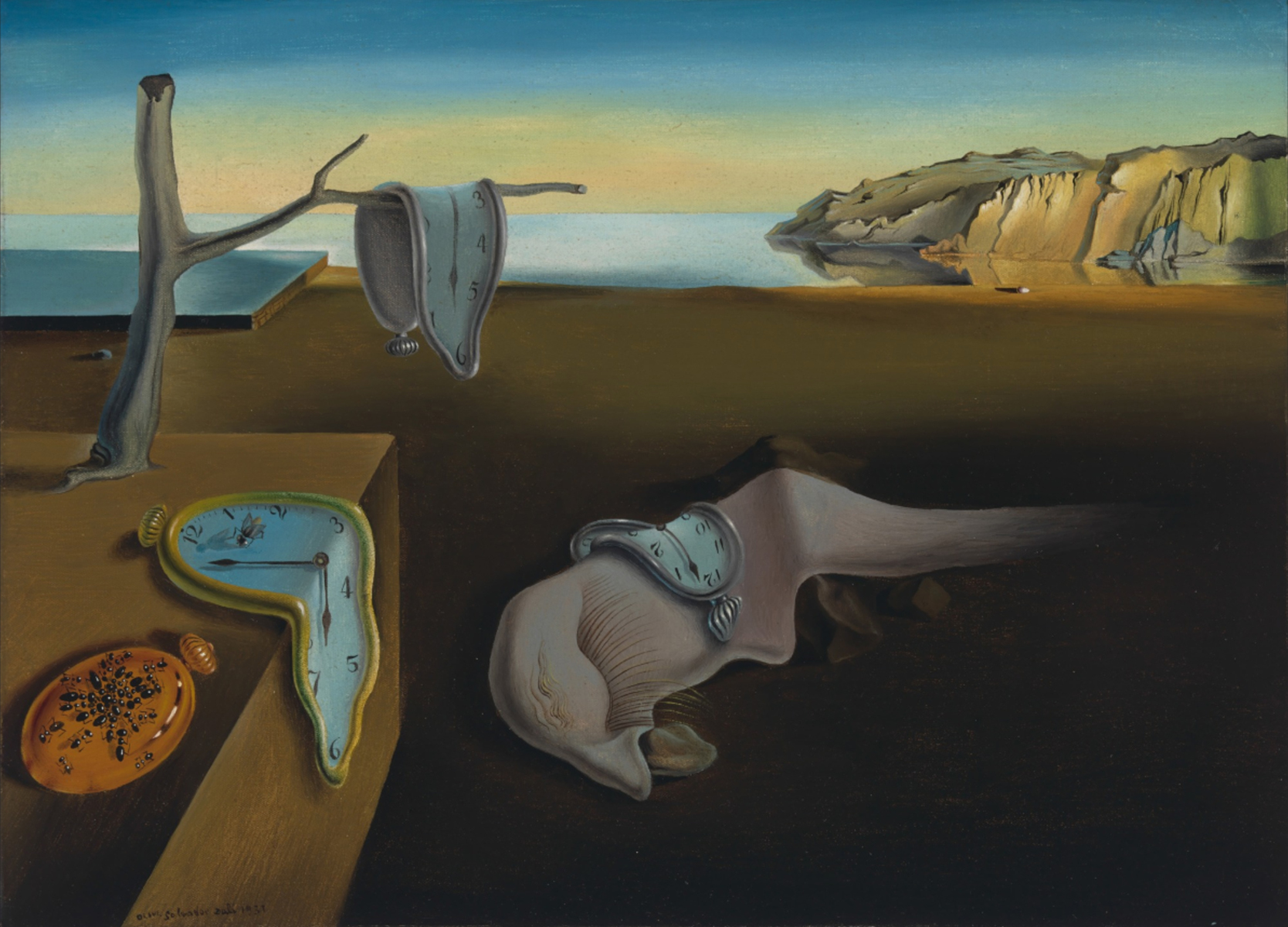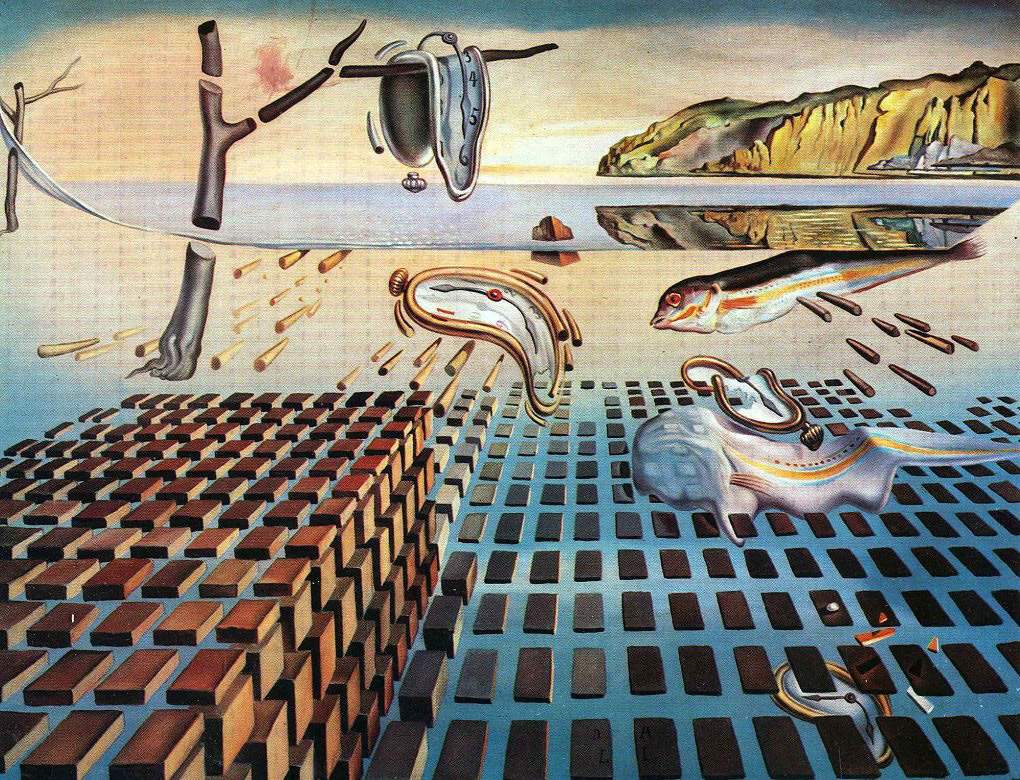“Time does not fix things, it makes you understand them. You have to take care of them ”
#PhilosophicalWednesday #11
The “soft clocks” are undoubtedly one of the distinctive figures of Salvador Dalì’s imagination, thanks to which he communicates his personal reflection on time, in which the influence of Sigmund Freud has an important weight.
The inspiration for the work The persistence of memory of which they are protagonists springs suddenly, from the observation of a slice of cheese that melts: in the same way the clocks that it finds to represent against the background of a landscape melt away. resumes Port Lligat, Spain.

Salvador Dalì, La persistenza della memoria – Courtesy Analisi dell’opera
The liquefaction to which they are subject wants to represent time in its psychological aspect, not objective as it should be but as subjective as possible: in fact, time flows differently for each individual, and the same time intervals represent a different sensation and duration for every individual, but also for every animal or plant.
“Time is the delusional and surrealist dimension par excellence” argued the artist himself, undermining the most classic of the scans that regulate our life, and the theme will then be resumed years later in The disintegration of the persistence of memory.

Salvador Dalì, La disintegrazione della persistenza della memoria – Courtesy The Dali Universe
The perception of time is thus represented in its most absolute relativity, showing us how it is not so much its flow that has an impact on us, but we live it in a different way depending on the situations, emotions, moments that we find ourselves to live.
Thus, time certainly cannot be assigned an ability to change things, but we have to take charge of any action that may occur over time and which may therefore have an impact in our lives.

